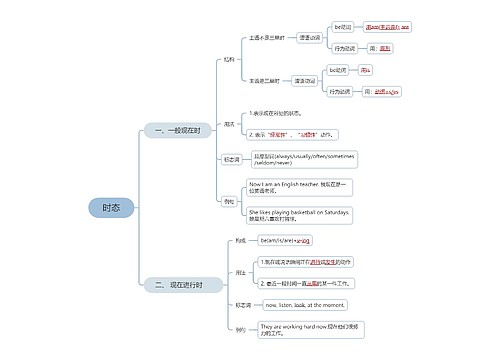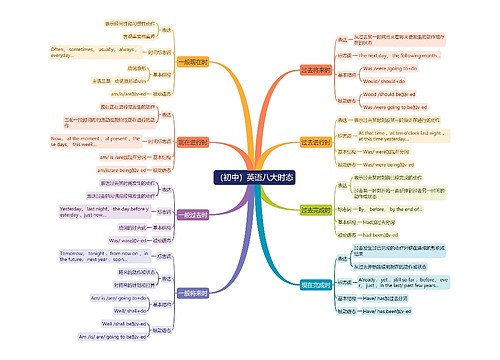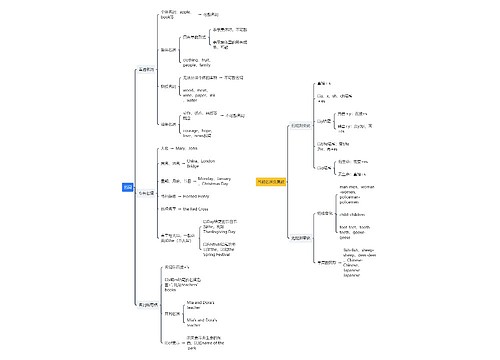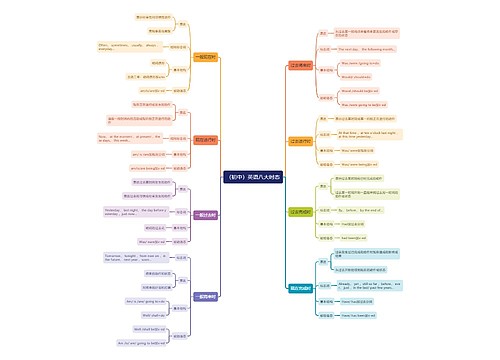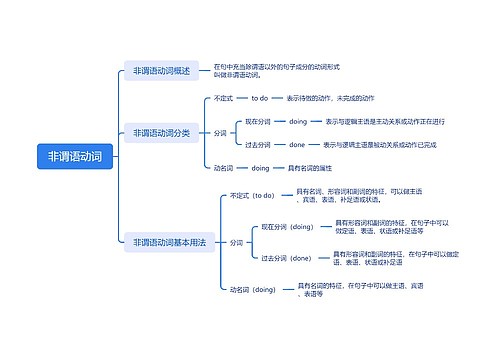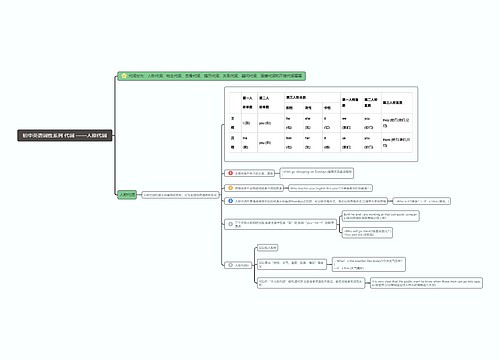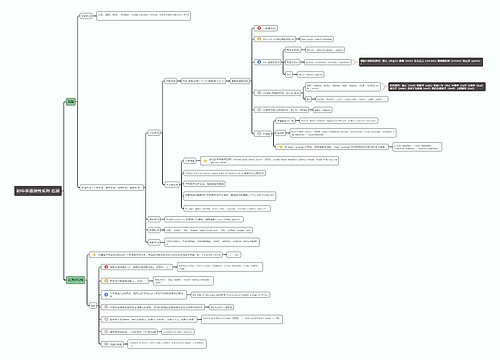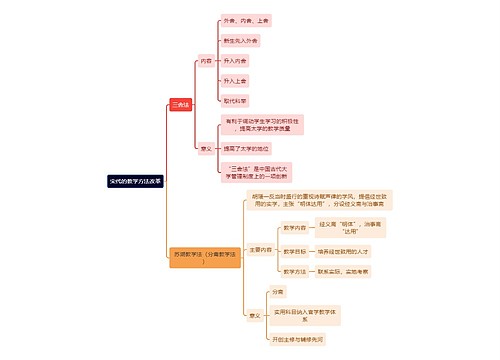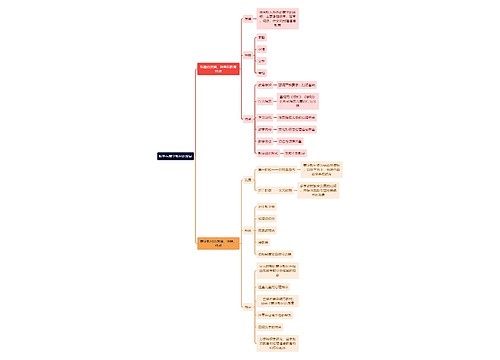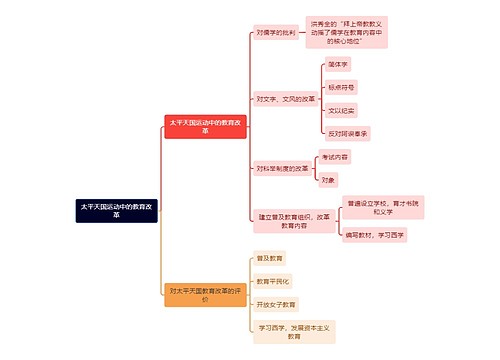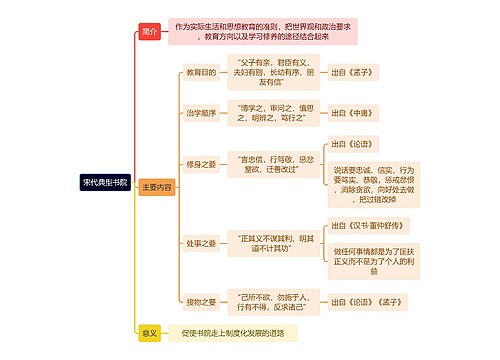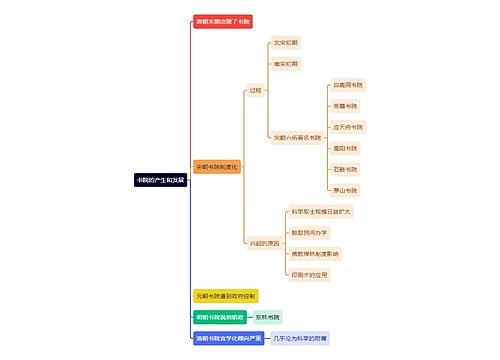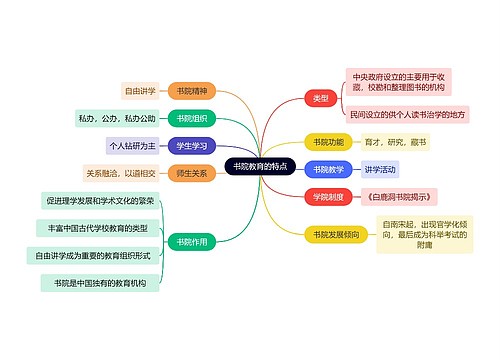1. be supposed to do:应该(注意它的翻译,另外supposed后面用的是不定式to do)
We are supposed to stop smoking. 我们应该停止吸烟。
2.You should have asked what you were supposed to wear. 你本应该问清楚怎么样穿才得体。
上句中的“should have asked”是“情态动词+现在完成时”表示过去本应该做某事,事实上没有做。
She should have gone to Beijing. 她本应该去了北京。(没有去)
3. prettyadv. 相当、十分,如He is pretty friendly. 他相当友好。
adj. 美丽的 如She is a pretty girl.她是一个美丽的女孩。
4. on time 按时(in time的意思是及时,这两个短语经常出现在辨析题中)。
5. start doing = start to do:开始做某事(start的用法属于常考内容,记住它的这两个用法),如He started reading= He started to read. 他开始阅读。
He went out of his way to make me happy. 他特意使我高兴。
6. go out of one's way to do:特意/专门做某事
7.下面这些用法大家务必记住,虽然这些用法很多,而且比较容易搞混淆,但是它们确实经常考,大家可以结合例子记忆。(第三个用法和第五个用法考的比较多)
(1)get/be used to sth.:习惯于……,如
(2)get/be used to doing:习惯于做……,如I am used to washing clothes. 我习惯于洗衣服了。
(3)be used to do:被用于做……,如The knives are used to cut things. 小刀被用来切东西。
(4)be used for doing:被用于做…,如The knives are used for cutting things. 小刀被用来切东西。
(5)used to do:过去常常做…,如She used to watch TV after school. 她过去放学后常常看电视。
8. find/think + it +形容词 to do sth.:发现/认为做某事是怎么样的,
I find it difficult to remember everything. 我发现要记住每一样事是困难的。
I think it hard to study English. 我认为学英语是困难的。
9. can't stop doing:忍不住做某事,如I can't stop laughing. 我忍不住笑。
10. learn…by oneself:自学(重要用法),如I learn English by my self. 我自学英语。

 U249128194
U249128194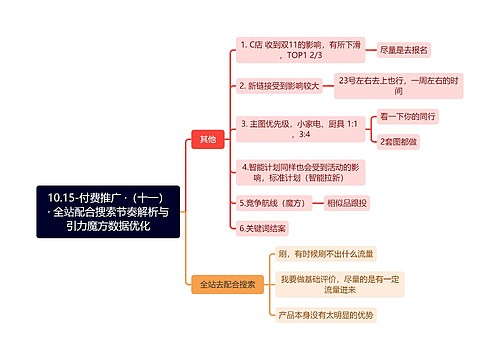
 U777967618
U777967618